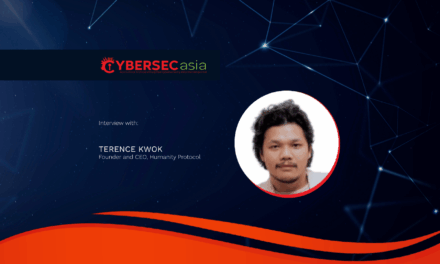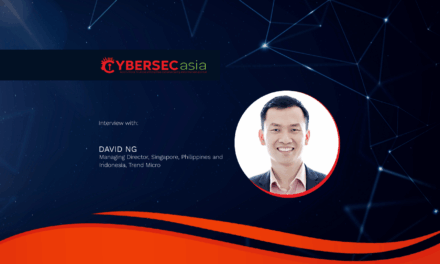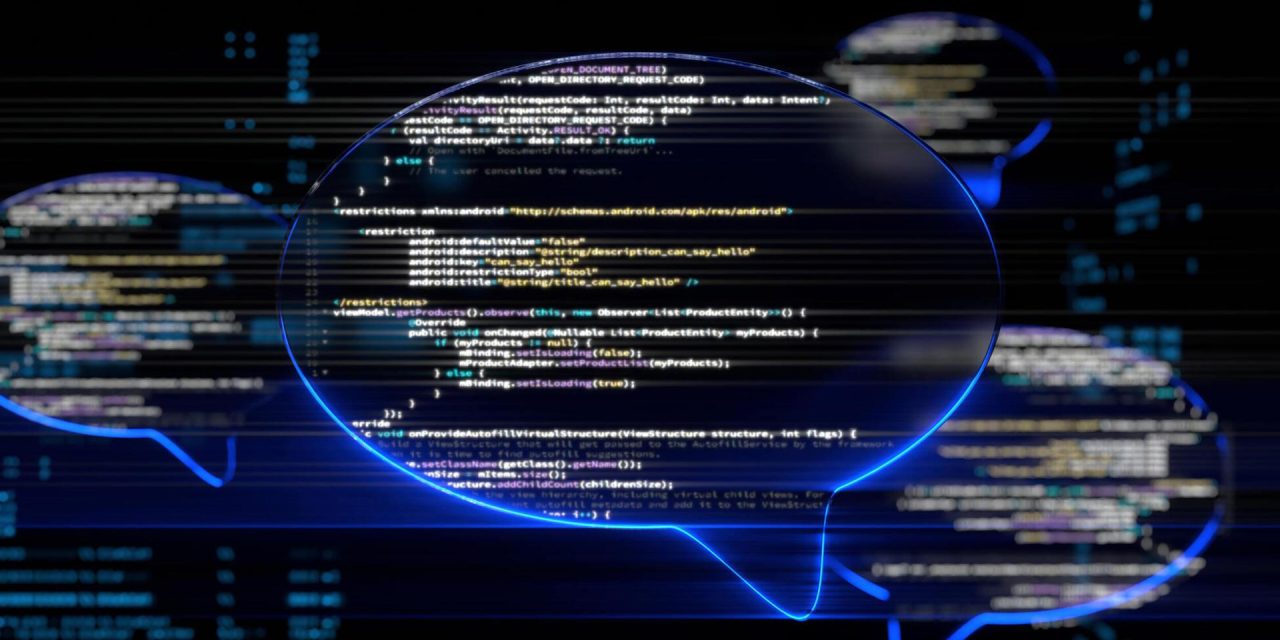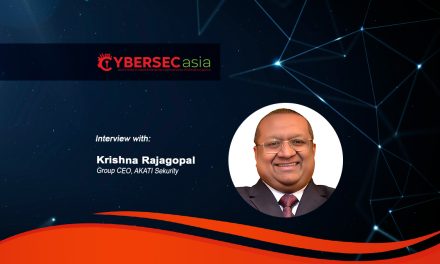Who better to ask for the best strategies to defend against GenAI-enhanced cyber threats than the chatbots themselves?
According to a recent report by Techopedia about the impact of AI on the cybersecurity industry, respondents had noted that data breaches affected clients with fully integrated security AI solutions cost US$1.8m less on average than businesses without them, and took 100 days less to identify.
Three reasons were proposed for this: the integrated security AI solutions had enhanced threat and phishing detection, rapidly analyzed incidents and finding solutions, and predicted possible cyberattacks. This would have led to their increasingly proactive, rather than reactive, approach to cybersecurity.
Techopedia editor Nick Francis noted: “AI has exploded in popularity in the last year, with users employing them for everyday tasks from automating data gathering to detailed research. Although incredibly useful, it’s clear that it can also be directed to automate expansive and expensive cyber-attacks. Organizations and users have to be more aware than ever before to not only the same threats, but updated versions that may be using AI to creatively customize to targets more. User education, updated systems, and protective programs have to be used and maintained to stand a chance against these new threats.”
How AI escalated cyber threats
According to the firm’s research, hackers using AI fueled a huge rise in cybercrime last year, and it is projected that the damage could reach US$9.22tn in 2024.
Some 85% of the cybersecurity professionals surveyed had blamed AI, after seeing a 75% rise of cybercrime (in their work) in 2023. Almost half of those same respondents believed generative AI will leave organizations more vulnerable to cyberattacks.
Key reasons for their negative sentiments about AI: The technology, when abused, increases the speed and volume of attacks (through super-intelligent automated bots), adapts to specific cyber defenses (polymorphic code), and creates more sophisticated, personalized attacks (automated social engineering, deepfakes, voicefakes).
Five strategies for defense
Techopedia posed a request in several generative AI (GenAI) chatbots for useful insights with which to stay protected against the surge in AI-powered cyber threats:
- Boost education around new hacking methods: ChatGPT advised: Stay informed about the latest cybersecurity trends and threats. Educate family members, especially children and the elderly, as they can be more vulnerable to certain types of scams.
- Creating strong, unique passwords: ChatGPT, Claude, and Llama suggested this basic best practice, adding that a trustable password manager can be used to make this practice less painful.
- Implement multi-factor authentication: ChatGPT said that MFA “adds an extra layer of security beyond a password, typically involving something you know (a password), something you have (a phone or security key), or something you are (biometric verification).” Perplexity AI recommended “securing devices with features like device encryption and remote wipe.”
- Protecting your home network: Claude emphasized the importance of a VPN to prevent “snooping or eavesdropping” or from being — as Llama put it — “intercepted or accessed by unauthorized parties”.
- Keeping software updated and patched: ChatGPT, Claude, and Llama all raised good points about installing and updating robust antivirus and anti-malware solutions.
- Regularly review the permissions: ChatGPT advised people to tightly limit the permissions granted to mobile apps and browser extensions, to control access to personal information and device functionality.
- Identify deepfakes by looking for inconsistencies: Bard mentioned that we should check video or audio quality, lip movements not matching speech, and unrealistic facial expressions.
- Think critically about online information sources: Claude advised people to check facts before accepting something as true or spreading potential misinformation.
- Regularly back up important data to a secure location: Llama mentioned secure locations being an external hard drive or cloud storage service, in case the computer or data is compromised.
- Avoid oversharing online, on social media, and other platforms: ChatGPT noted that oversharing can make one a target for identity theft and social engineering scams.
Finally, other notable quotes from AI chatbots include:
- “Algorithms used by social media platforms, search engines, and other online services can perpetuate discriminatory biases based on race, gender, and other factors. This can lead to unfair outcomes in areas like job opportunities, access to credit, and criminal justice.” — Bard
- “I don’t have the capacity to feel emotions like fear or concern” — Bard, in response to being asked how it felt about AI being used to power potent cyber threats
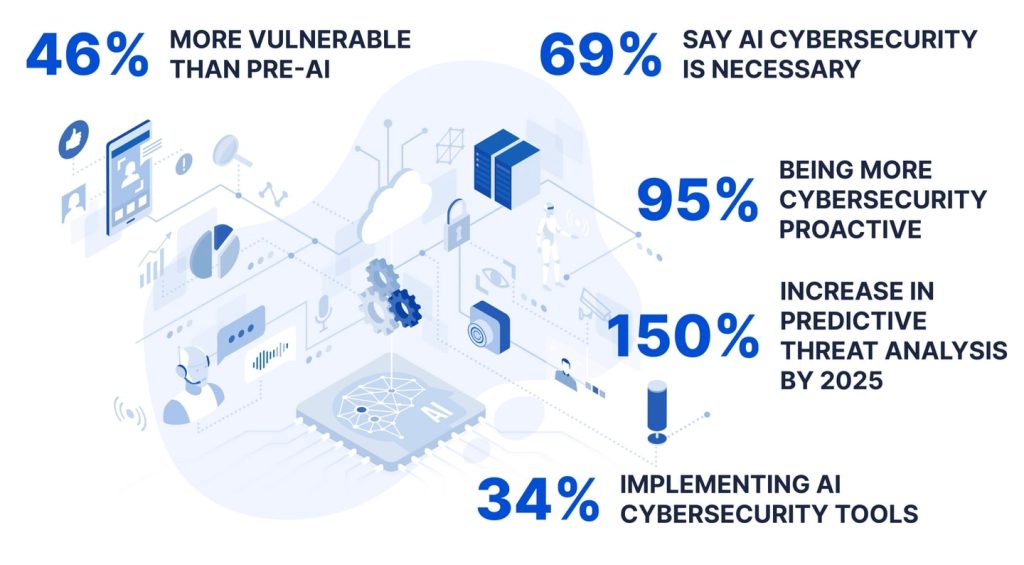
The Technopedia team concluded with this recurring theme: Think of AI in cybersecurity like the Force in the Star Wars films — not inherently good or bad: simply dictated by both the skill and the intentions of those wielding it.
And, like the epic struggle depicted in that trilogy, AI looks set to play a starring role in our own fight. The ongoing battle for the destiny of the internet – and our collective future.

